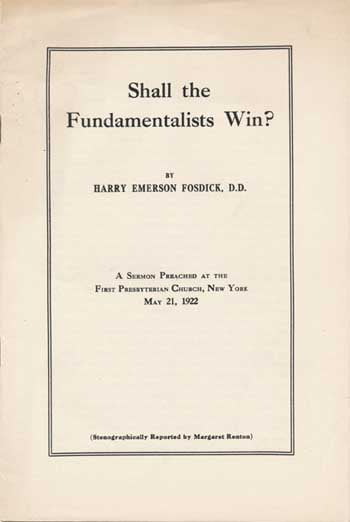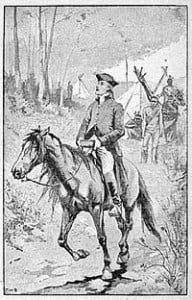The Father of U.S. Special Forces
by Rev. David T. Myers
Of all of the soldiers of the Revolutionary War in our nation’s history, very little has been written on Daniel Morgan. Yet he fought in the French and Indian War, and in the battles associated with our nation’s independence.
In his early days, this six-foot man was very wild in his character and conduct. Known as a gambling and drinking man, he had his share of brawling with others. Once as part of Braddock’s force, he had hit a British Lieutenant and received 500 lashes for striking an officer. If he had not being such a strong man, he would have died with this punishment. He had a particular hatred after that experience for King George and the British army.
When the Revolutionary War began, the Continental Congress called for the formation of ten rifle companies from the middle colonies of Pennsylvania, Maryland, and Virginia to support the siege of Boston. Virginia decided to send two companies. The House of Burgesses chose Daniel Morgan to organize one of the companies and serve as a Captain in command of that unit.
Daniel Morgan recruited 96 sharpshooters in ten days, assembling them at Winchester, Virginia on July 14, 1775. They then marched the 600 miles to Boston in twenty-one days, arriving there August 6, 1775. They were known as “Morgan’s Rangers.” They were sharpshooters which changed the way the battle was fought, as officers in the British army were targeted by these men who were adept as snipers.
In later years, Daniel Morgan joined the Presbyterian Church, and specifically Old Stone Presbyterian Church in Winchester, Virginia. He became an elder in the Presbyterian system.
Words to Live By: God is able to take a rough frontier image of a brawler and change the man inside to a Christian servant of God. Think of yourself or others in the kingdom of God who have been so changed spiritually, and rejoice in the power of God’s grace this day.




